The UN’s annual environment summit is meant to be a place where countries come together and agree to act on tackling the climate crisis.
But the 29th gathering of the conference of the parties (COP29) seemed more fractious than ever, with some representatives even walking out of the final negotiations.
Advertisement
Despite the UN secretary-general Antonio Guterres warning that “failure was not an option” last Thursday – and scientists fearing that 2024 may be the hottest year on record – many countries now feel betrayed by the final agreement of this year’s summit.
Described as “one of the most poorly led and chaotic COP meetings ever” with offerings from developed countries written off as mere “crumbs”, here’s a look at the issues which split the conference.
The big one: climate finance
The primary target of this year’s COP was to come up with a new sum for how much money should be sent to developing countries to help them recover from climate emergencies while also transition to cleaner energy systems.
COP previously agreed to offer those countries $100 billion (£79bn) per year, but that deal expires in 2025.
Advertisement
Experts believe the world now need to aim to raise around $1.3 trillion (£1.08trn) per year by the end of the decade to meet the needs of vulnerable countries.
But a draft of the final COP29 text shows the fund only reaching $250 billion a year by 2035 instead – a number most delegates from developing nations did not think was anywhere near enough.
After representatives from small island nations walked out of negotiations in fury, the number was increased to £300 billion – which is still a long way off the target.
That sum would also be given to the developing world in grants and low-interest loans from wealthier countries. It would only increase to the £1.3tn figure if private investors or extra taxes on fossil fuels were introduced for individual countries.
Advertisement
The deal eventually secured the approval of all attending nations on Saturday night, but the sum was dismissed as an “abysmally poor” amount by India’s negotiator Chandni Raina.
Claiming the decision was not reached by consensus, she said: “This document is little more than an optical illusion.”
The bloc of least developed countries (LDC) – constituting of 45 countries and 1.1 billion people – also claimed the agreement unpicked three years of negotiations on climate finance.
And Panama’s special representative for climate change, Juan Carlos Monterrey Gomez, said: “Developed nations always throw text at us at the last minute, shove it down our throat, and then, for the sake of multilateralism, we always have to accept it, otherwise the climate mechanisms will go into a horrible downward spiral, and no one needs that.”
Speaking before the deal was struck, he also slammed the suggested $250bn sum, saying it was a “spit on the face of vulnerable nations like mine”.
Advertisement
He added: “They offer crumbs while we bear the dead. Outrageous, evil and remorseless.”
Similarly, the charity ActionAid UK said: “There’s no sugarcoating it: this text is a complete catastrophe and a farce.
“With floods and droughts tearing through the Global South, the goal announced remains a drop in the ocean compared to the trillions needed to help climate-hit communities adapt and recover, especially women and girls who are among the worst impacted.”
But others still felt the overall sum was too high – and too much pressure was on developed countries to pay up.
One European negotiator told Reuters: “No one is comfortable with the number, because it’s high and (there is) next to nothing on increasing contributor base.”
“They offer crumbs while we bear the dead.”
– Panama’s special representative for climate change, Juan Carlos Monterrey Gomez
Advertisement
Some nations also raged that the funds would be shared with countries that had stronger economies, like India.
Others complained the offering was only a fraction of what was being spent on war globally in the last few years and pointed out that there was a lack of definition around what exactly they mean by climate finance.
What about the 1.5C limit?
The Paris Agreement, from COP21, saw 196 countries pledge to limit the global temperature increase to just 1.5C compared to pre-industrial levels.
The world is already dangerously close to that target. At the present rate of progress, it’s expected to reach 1.5C by 2040.
A climate scientist at Berkeley Earth told Bloomberg that the 1.5C limit has been “deader than a door nail” for some time now.
Advertisement
There have therefore been some argument that COP’s ongoing goal of staying below 1.5C is pointless, because they believe it is no longer feasible.
However, it is still a symbol of the pressing climate crisis and so it remained a pivotal part of the talks.
As Imperial College London’s professor Professor Joeri Rogelj said: “Much has been said about whether limiting warming to 1.5C is still possible, and the odds are no longer in the world’s favour on this one.
“However, with every fraction of a degree of warming, life on earth will become much more dangerous. It doesn’t matter what the number is. Every country has to deliver emissions reductions that are as deep as they can possibly be.”

via Associated Press
Advertisement
The questionable hosts
Last year, COP was controversial because it was held in the UAE, which makes most of its money through fossil fuels.
This year, it had the same problem – oil and gas make up 90% of Azerbaijan’s exports and fossil fuel interests.
The president of the hosting nation, Azerbaijan leader Ilham Aliyev, even praised oil and gas as a “gift of God” when the summit started.
He also accused western nations of “double standards” for buying fossil fuels from his country while urging the world to go green.
So it is no surprise that Mohamed Adow, director of the climate and energy think tank Power Shift Africa, laid into the hosts of this year’s conference.
Advertisement
He said it was “one of the most poorly led and chaotic COP meetings ever”, saying this presidency is “one of the worst in recent memory”.
Speaking shortly before an agreement was reached, he said: “We only have a matter of hours remaining to save this COP from being remembered as a failure for the climate and embarrassment for the rich world.
“We need Mukhtar Babayev [COP29 president] to get his act together.”
Babayev is a veteran of the oil industry, and Azerbaijan’s ecology and natural resources minister.
Adow added: “No deal is better than a bad deal. Poor countries don’t need to be held hostage in Baku. If rich countries fail to deliver what they owe in climate finance, then they should be forced to come back next year in Brazil with a better plan.”
Fossil Fuels – are they in or out?
COP26′s president Alok Sharma was left in tears in 2021 when the wording on reducing dependency on coal was watered down in the 11th hour negotiations for the final agreement.
COP27 just kept the same wording – a promise to reduce dependency on coal – without expanding it to natural gas or oil, or offering a time frame.
Advertisement
COP28 managed to move the dial a bit more, so countries pledged to transition away from all fossil fuels.
But this year, the European states who want countries to promise to move away from the fossil fuel industry faced backlash from Arab states.
Then Saudi Arabia was even criticised for obstructing much of the final text, and allegedly tried to remove references to “transition away from fossil fuels”.
In the end, COP29 just repeated that pledge to move away from the carbon-emitting industry but without strengthening it or offering a time line.
Still, Green Party co-leader Adrian Ramsay told HuffPost UK that COP itself remains a strong forum which “offers the chance to bring nations together to act and move away from the fossil fuel economies that are destroying our planet and making life intolerable for millions in the global South.”
Advertisement
He added: “A COP that excludes the fossil fuel companies and their lobbying arms while supporting representatives of countries and indigenous peoples most impacted by climate change can transform all our futures.”

via Associated Press
Where were all the major players?
There was a noticeable absence of major world leaders at this year’s COP.
Neither US president Joe Biden nor Chinese leader Xi Jinping turned up, despite leading the world’s two largest economies (which also have the largest carbon footprint.)
UK PM Keir Starmer was one of only two G7 leaders who spoke at the summit.
For an ambassador from One Young World – a youth forum which sent a delegation of activists to Baku this year – that was not enough.
Bodhi Patil, a climate “solutionist” from Canada and CEO of Inner Light said it was “deeply concerning” leaders from major polluting countries were absent this year, especially the when fossil fuel lobby had 1,700 representatives there – making it the fourth-largest delegation.
Advertisement
But he told HuffPost UK: “We can’t wait for global leaders to take action.
“It falls to grassroots movements, indigenous leaders, and local communities to drive change and hold the world accountable for climate finance commitments.”
The final lacklustre deal also meant even those who did attend were under fire for claiming to be climate leaders – like the British.
The UK’s nature representative Ruth Davis said “the UK continues lead the way” at COP29, prompting ActionAid to accuse the government of trying to put a “shine on a terrible deal”.
It said the agreement was a “far cry from [Labour’s] lofty claims of putting climate change at the heart of foreign policy only months ago.”
Corporations over indigenous voices
Before the deal concluded, scientist and chief executive of Climate Analytics, Bill Hare warned that it was a “step back” not to include small islands and the least developed countries more in negotiations.
Advertisement
Similarly, another One Young World ambassador told HuffPost UK his hope that this year’s summit could be different were dashed.
The founder of Barlig Rainforest Coffee Project and Indigenous Youth Eco-Cultural Warriors of Mountain Province, Daniel Maches said he wanted COP to bring “concrete solutions” while recognising indigenous rights.
“It is our ancestral domains that are looked upon as vital in combating GHG emissions, so they should be as loud as any others at a summit like COP,” he said.
However, he added: “There is a tendency for these events to focus on spectacle rather than impact. I was hopeful that COP would be different, but it’s shown that world leaders aren’t taking climate change seriously. How can they be when corporate players continue to lobby and control government initiatives?
“I am hopeful that things can improve, and young people in particular push to actualise effective climate policies.
Advertisement
“But COP29 hasn’t alleviated my fear that the climate crisis is slipping beyond our grasp, and that farmers and indigenous peoples – whose survival is inextricably linked with the land – will suffer the most.”
What about next year?
Donald Trump, who is returning to the White House in January, is expected to have a major impact on the overall fight against the climate crisis.
He pulled the US – which is world’s top historic greenhouse gas emitter – out of the Paris Agreement (1.5C limit) during his first term in office.
He is expected to have an even stronger impact on the global environmental challenge in his second term too, having already shown a preference for fracking.
Even away from the US’s impact, it looks like the next summit is already beset with its own challenges.
Advertisement
Set to be held in Belem’s Brazil, the impoverished city has been racing to prepare to host the next COP, trying to clean up its river filled with untreated sewage and garbage quickly before thousands of delegates descend.
There are also heavy expectations that COP30 will be a turning point, marking three decades of climate negotiation.
But perhaps that’s a reasonable expectation. After the disaster and division of COP29, things certainly can’t get too much worse.












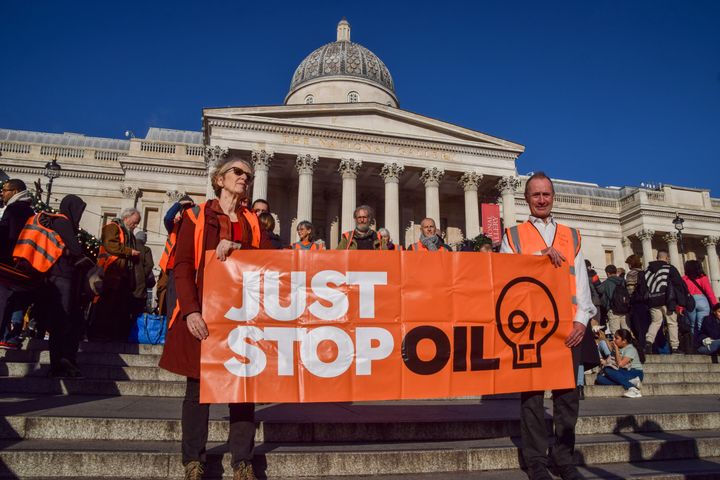


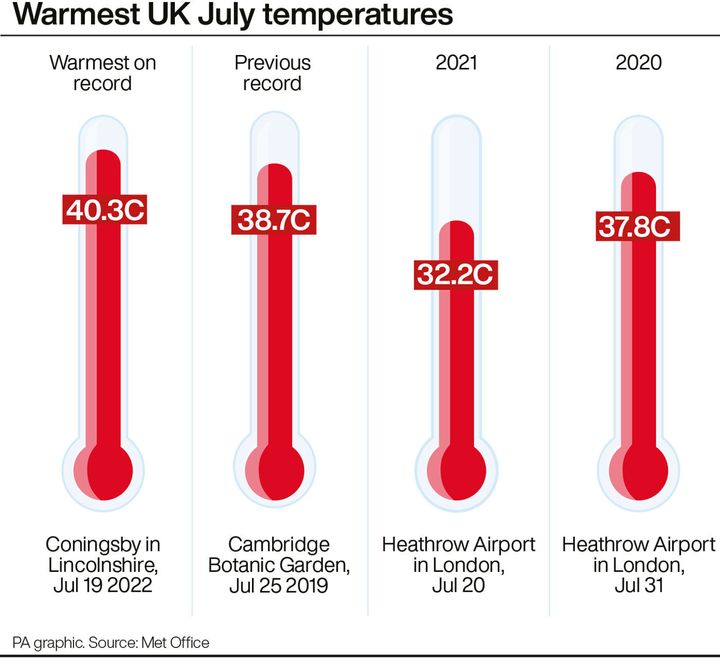




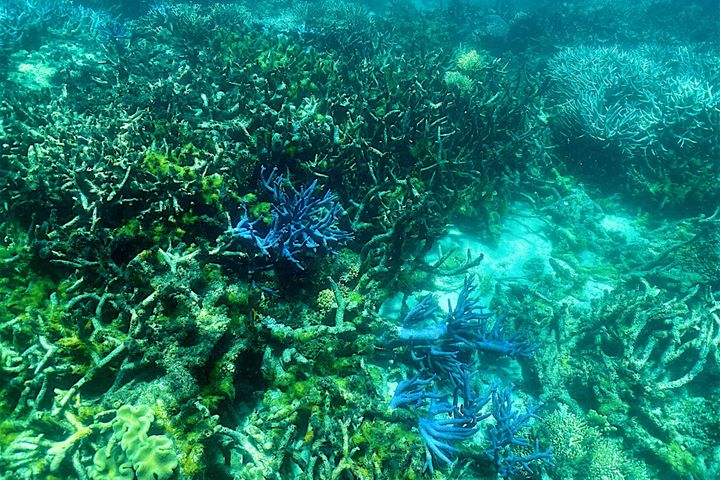
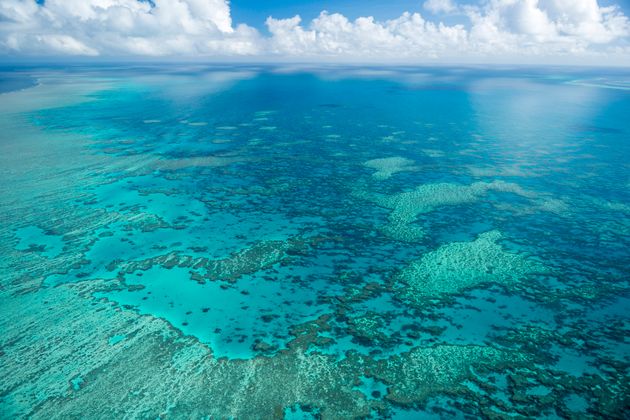
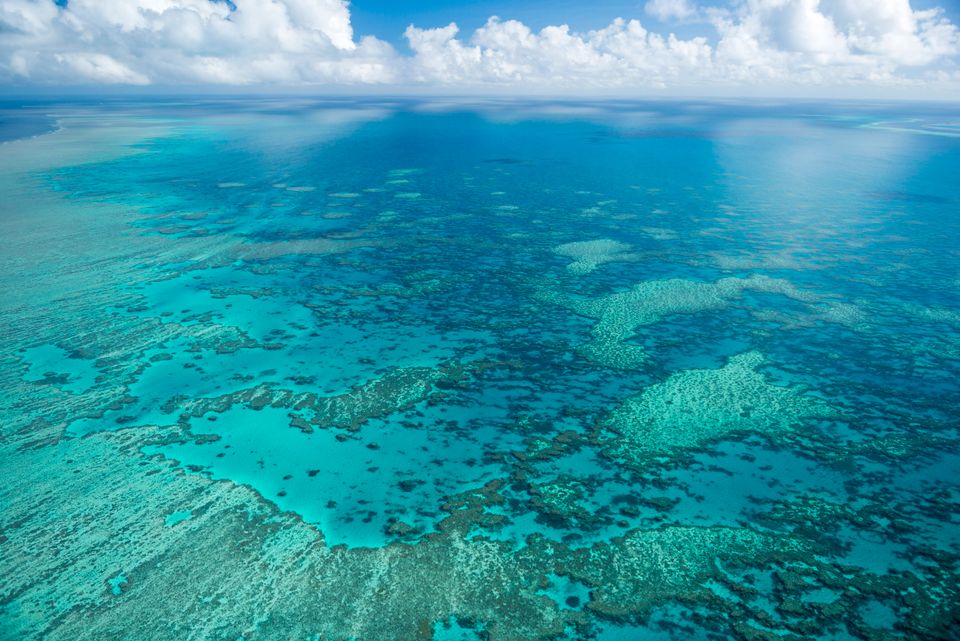
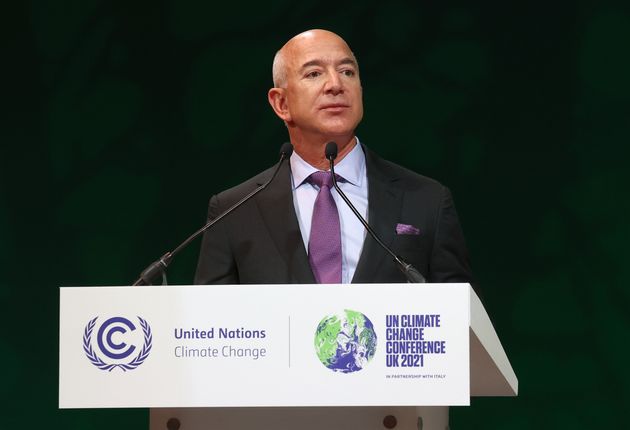

 (@HokYSChiu)
(@HokYSChiu) 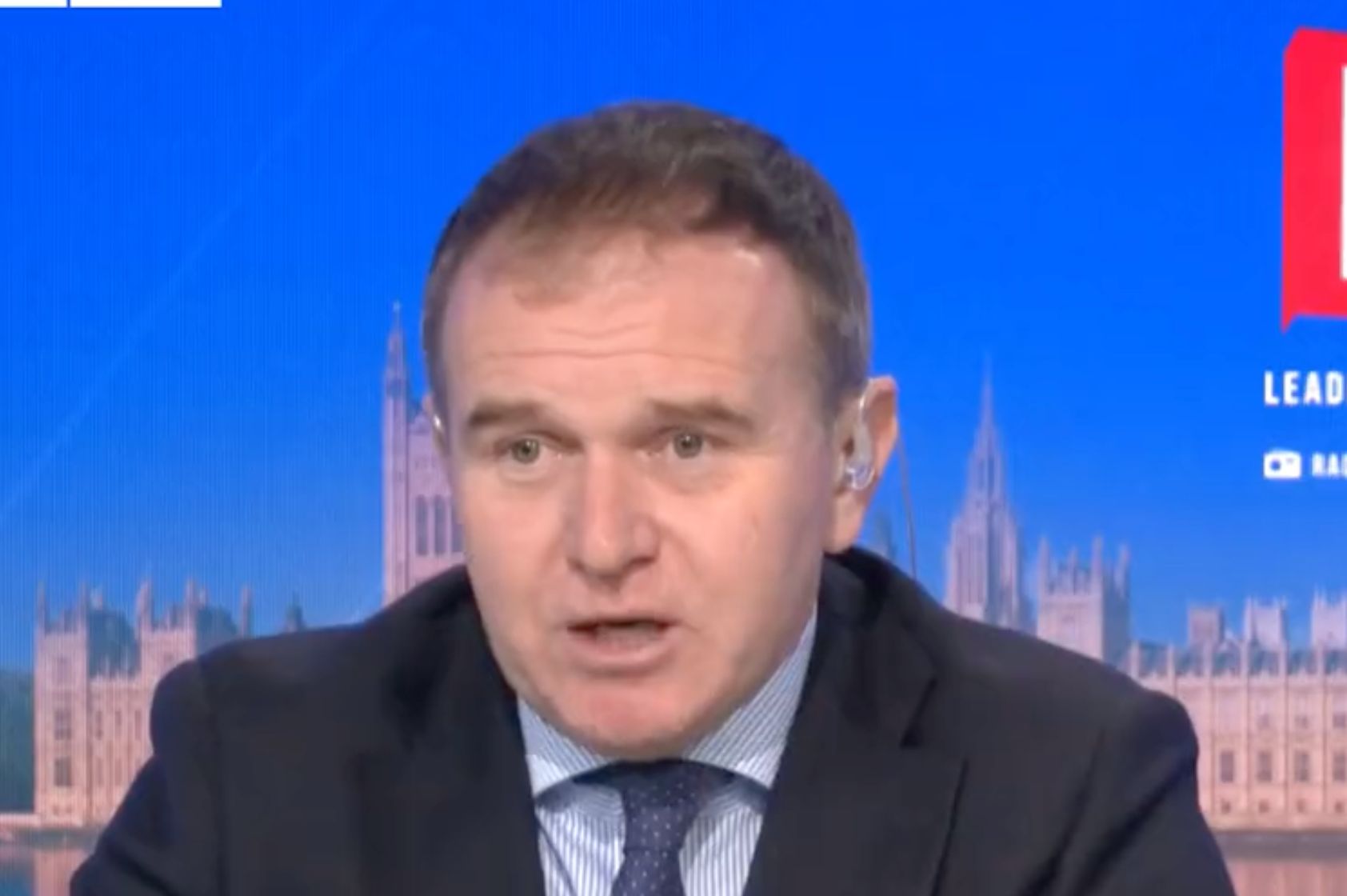

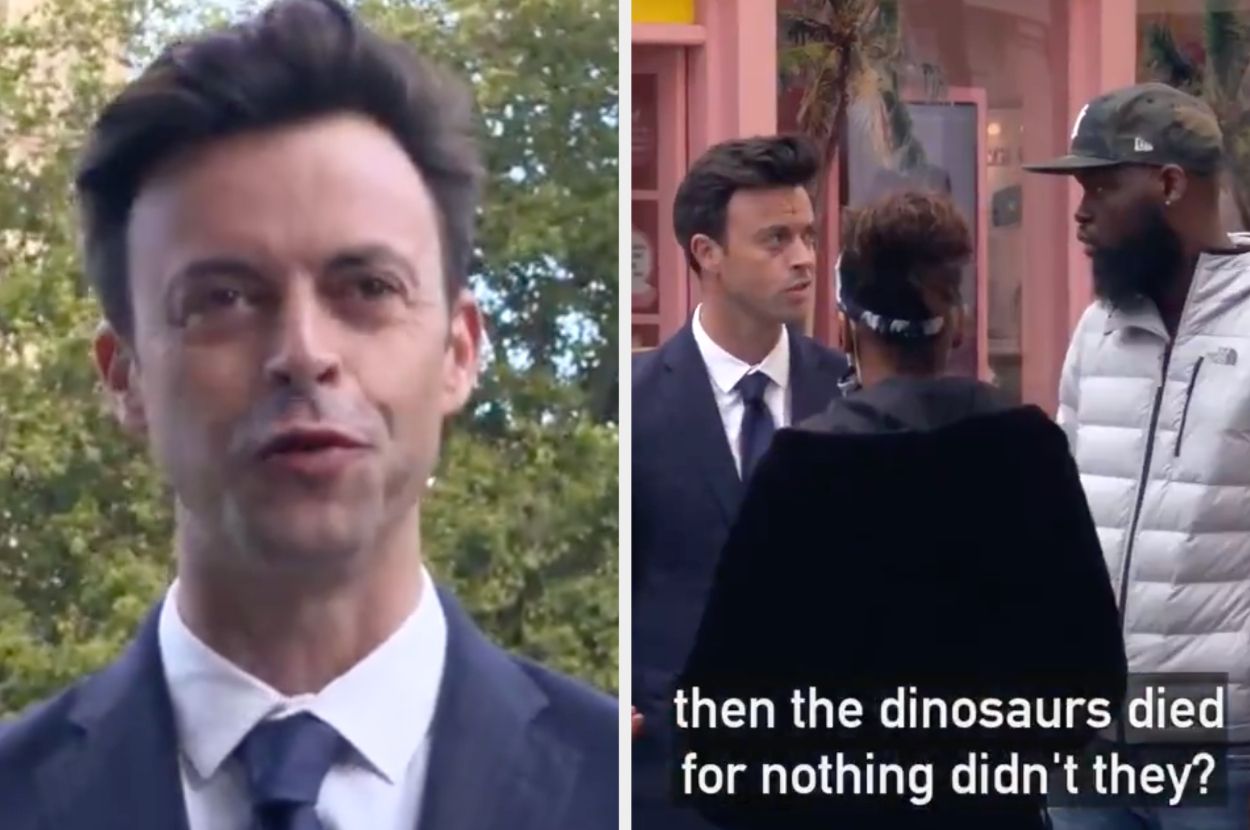


 Bring on
Bring on 

 #BlackLivesMatter (@AamerAnwar)
#BlackLivesMatter (@AamerAnwar)  Using a metaphor about Kermit the Frog when conducting a speech about
Using a metaphor about Kermit the Frog when conducting a speech about 


